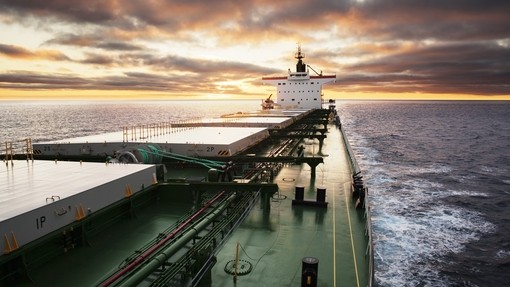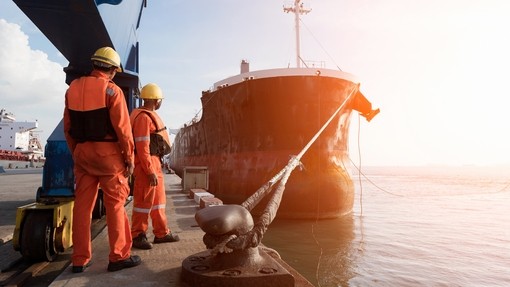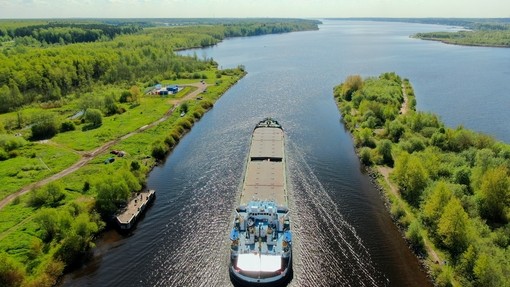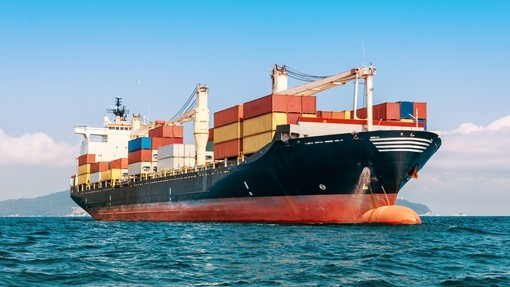“MT CAPE BONNY" Tankschiffahrts GMBH & Co KG -v- Ping An Property and Casualty Insurance Company of China Limited, Beijing Branch [2017] EWHC 3036 (Comm)
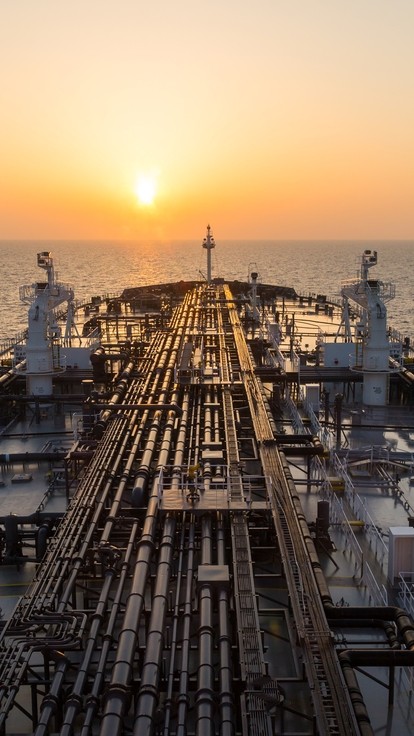
Details
Introduction
In this High Court case Mr Justice Teare considered whether cargo interests were liable to make a general average contribution when a casualty was caused by an actionable fault on the part of the owners. The judgement summarised certain key points of the law on general average, in particular Rule D of the York-Antwerp Rules, and provided useful commentary, albeit obiter, on previously unresolved issues concerning the burden of proof with regard to reasonable expenditure.
Factual background
On 14 July 2011, in the course of a laden voyage from Argentina to China, the oil tanker “CAPE BONNY” suffered an engine breakdown while seeking to avoid typhoon MA-ON. The vessel was towed on 18 July 2011 to a South Korean port for a ship-to-ship transfer, having first been rejected by ports in Japan and China. General average was declared and Ping An Property and Casualty Insurance Company provided a guarantee on behalf of the cargo interests by which they promised to pay any contribution to general average which may ‘be ascertained to be properly due’.
If these events were not bad enough, the vessel had to be re-towed, in order to avoid another typhoon. “CAPE BONNY” was eventually released and berthed for repairs on 9 August 2011. In due course, an average adjustment was prepared which assessed cargo’s contribution to general average at approximately US$2.1 million. The owners brought a claim under the guarantee for this sum.
The defendant insurance company denied any liability and refused to pay, based on Rule D of the York-Antwerp Rules, alleging that the casualty was caused by an actionable fault on the part of the owners, namely, the failure to exercise due diligence to make the vessel seaworthy before or at the beginning of the voyage. Alternatively, if a general average contribution was properly due the insurers contended that the towage expenses were not reasonably incurred.
Legal issues
The object of Rule D of the York-Antwerp Rules is to keep all questions of alleged fault out of the adjustment and to preserve unimpaired the legal position at the stage of enforcement.
The trial lasted eight days, during which Mr Justice Teare heard evidence from seven witnesses of fact and four expert witnesses who all dealt with technical matters. The owners conceded that the vessel was unseaworthy at the commencement of the voyage, due to the presence of metal particles in the luboil system. Thus, the burden lay upon them to prove that they had exercised due diligence to make the vessel seaworthy before or at the commencement of the voyage, pursuant to the Hague-Visby Rules, which had been incorporated in the contract of carriage.
The owners argued that they could discharge that burden of proof because the main engine failure had been caused by sudden and catastrophic damage to the no.1 main bearing caused in turn by a latent defect – referred to as weld slag – dating back to 2005 (the date of build). The judge dismissed the weld slag theory as ‘improbable’ and proceeded to consider the insurer’s alternative theories regarding the cause of the casualty. These theories included inter alia spark erosion, chain coupling bolts, improper cleaning of the filters and the foreign particles in the bearings. It should be noted that despite having essentially dismissed the owners’ only explanation, the court went on to consider, on the balance of probabilities and based on the factual and expert evidence presented before it (The Popi M [1985] 2 Lloyd’s Rep. 12), what was the cause of the damage and whether it could have been avoided by the exercise of due diligence by the owners.
The judge found on the evidence that it was more likely than not that the cause of the main engine breakdown was the presence of foreign particles, which should have been, but were not, removed from the luboil, and consequently had caused damage to main bearing no. 1. Undoubtedly, the presence of wear, foreign particles and damaged filters rendered the vessel unseaworthy at the commencement of the voyage. It was evident that the owners failed to exercise due diligence to make the vessel, and particularly the filters, seaworthy, however, it was decided that this failure had not been causative of the engine breakdown. Nevertheless, the court concluded that a prudent engineer or superintendent should have recognised and acted on the unexplained and significant difference in the crankshaft deflection readings taken by the crew. Therefore, it was accepted that this failure to exercise due diligence had been causative of the subsequent engine breakdown and it followed that the cargo interests were not liable to make a general average contribution.
Although the claim was dismissed, Mr Justice Teare proceeded to deal with the issue on quantum and found that given the circumstances the expenses incurred would have been reasonable. In particular, his comments clarified the difference between the Rule Paramount and Rules A and E of the York-Antwerp Rules concerning the burden of proof. He considered that the burden of proving that any expenditure claimed was reasonable lay with the owners.
Comment
This decision is particularly useful as it confirms the true construction of Rule D of the York-Antwerp Rules and how it operates. It also provides a good summary of where the law stands on certain key points for general average claims, especially relating to owners’ duties.
Mr Justice Teare’s comments on the burden of proving whether expenditure was reasonable under the Rule Paramount and Rules A and E of the York-Antwerp Rules also provide practitioners with some useful and practical guidance.
This article originally appeared in the January 2018 edition of shipping case digest. Other articles include:
Trafigura Beheer BV -v- Renbrandt Ltd [2017] EWHC 3100 (comm)



